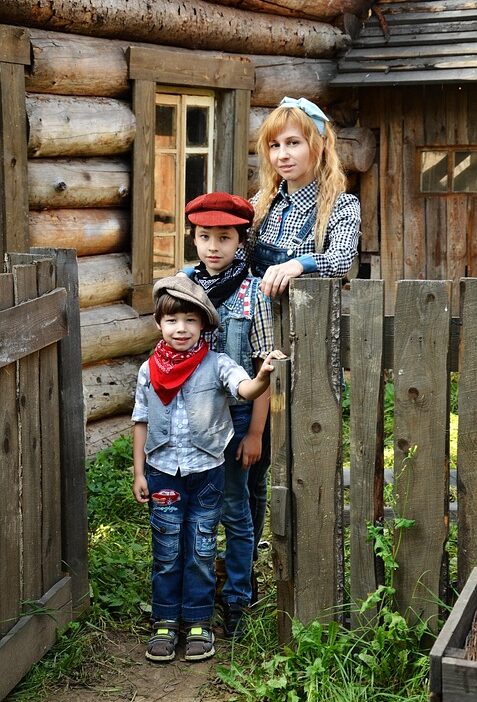In the ever-evolving landscape of video games, modding—modifying existing games to create new content, features, or fixes—has become a central aspect of gaming culture. From enhancing graphics and gameplay mechanics to creating entirely new stories, modding offers limitless opportunities for creativity. If you’re an aspiring developer looking to dive into the world of modding, this guide will equip you with essential tools and tips to get started.
Understanding Modding
Before jumping into the tools, it’s crucial to understand what modding entails. Mods can vary widely:
- Cosmetic Mods: Changes in textures, models, or animations that enhance the visual appeal.
- Gameplay Mods: Adjustments to game mechanics, difficulty settings, or new gameplay elements.
- Total Conversions: Transforming a game into an entirely different experience, often with new rules and environments.
Essential Tools for Aspiring Modders
1. Game-Specific Modding Tools
Many popular games come with their own modding tools or are supported by robust modding communities. Here are a few worth exploring:
- Bethesda Games (Skyrim, Fallout): The Creation Kit is powerful for creating new quests, characters, and environments.
- Minecraft: Tools like MCreator or Minecraft Forge can help you create mods without extensive coding knowledge.
- Unity Engine: If you prefer developing your own game mods or completely new games, Unity provides a flexible platform with a vast array of resources.
2. Graphics Editing Software
Creating custom textures or icons requires graphic design tools. Familiarity with software can greatly enhance your modding skills:
- GIMP: A free and open-source alternative to Photoshop.
- Adobe Photoshop: Industry-standard software for professional-level graphic editing.
- Paint.NET: Simple and user-friendly, great for beginners.
3. 3D Modeling Software
For mods that involve new characters, environments, or objects, 3D modeling is essential:
- Blender: An open-source 3D modeling tool with a plethora of resources available online.
- 3ds Max/Maya: While these are paid software, they are industry standards and offer powerful tools for modeling.
4. Coding Tools
Some mods will require you to dig into the code. Here are a few programming tools and languages to consider:
- Visual Studio Code: A versatile code editor that supports multiple programming languages and is great for debugging.
- C# and C++: Many games use these languages for scripting, especially those built on engines like Unity or Unreal.
Tips for Successful Modding
1. Start Small
Begin with simpler mods to build your confidence and skills. This could mean adjusting existing items or creating minor improvements before diving into larger projects.
2. Research and Learn
Understanding the game you want to mod is crucial. Familiarize yourself with its mechanics, community standards, and existing mods. Many communities have forums or Discord channels where you can ask for help, seek feedback, and learn from others.
3. Join Modding Communities
Joining communities like Nexus Mods, ModDB, or specific game forums can provide support, inspiration, and collaboration opportunities. These platforms are valuable for getting feedback and sharing your work.
4. Document Your Progress
Keeping a development journal can help you track your progress, challenges, and solutions. Documentation not only aids your learning but can also help others who may want to follow in your footsteps.
5. Be Open to Feedback
When sharing your mods, be open to criticism and suggestions. Constructive feedback can help you improve your skills and create better mods in the future.
6. Stay Updated
Game developers often release patches or updates that can break existing mods. Stay informed about the games you’re modding to ensure your mods remain functional and relevant.
7. Have Fun!
While modding can be technical and sometimes frustrating, remember to enjoy the process. Modding is a creative outlet, and the joy of seeing others appreciate your work makes it all worthwhile.
Conclusion
Modding presents a unique opportunity for aspiring developers to hone their skills and connect with a vibrant community. With the right tools and a passion for creativity, anyone can embark on the journey of creating modifications that enhance the gaming experience. So gather your materials, put on your thinking cap, and let your imagination run wild. Happy modding!


